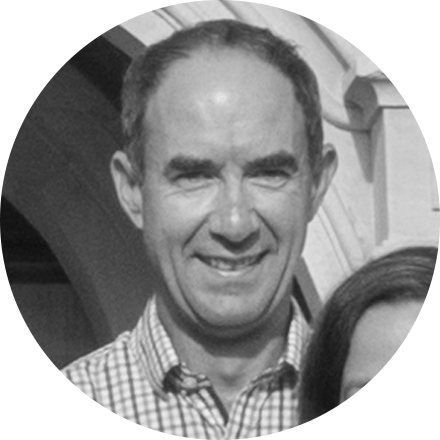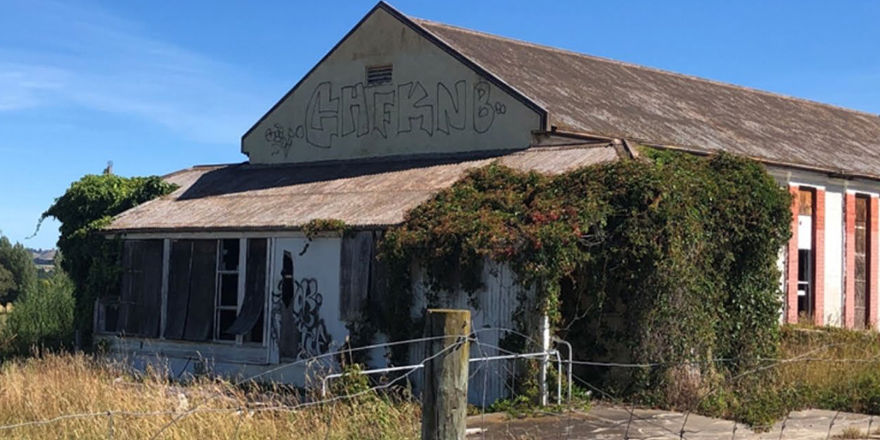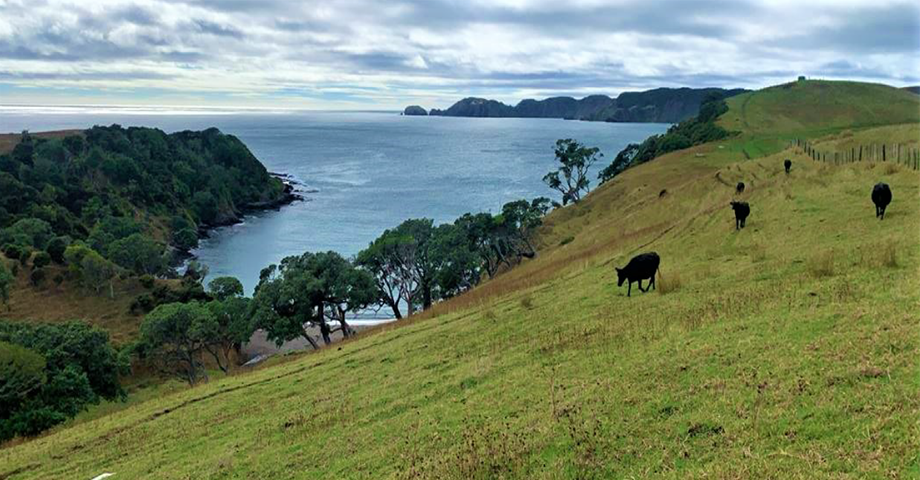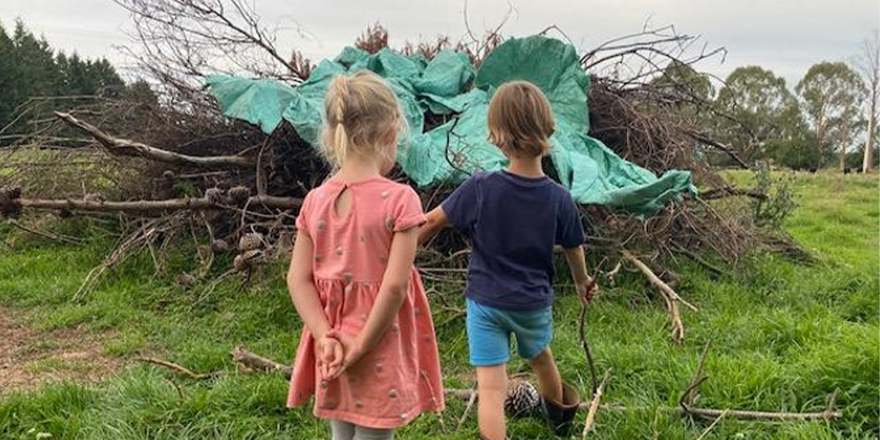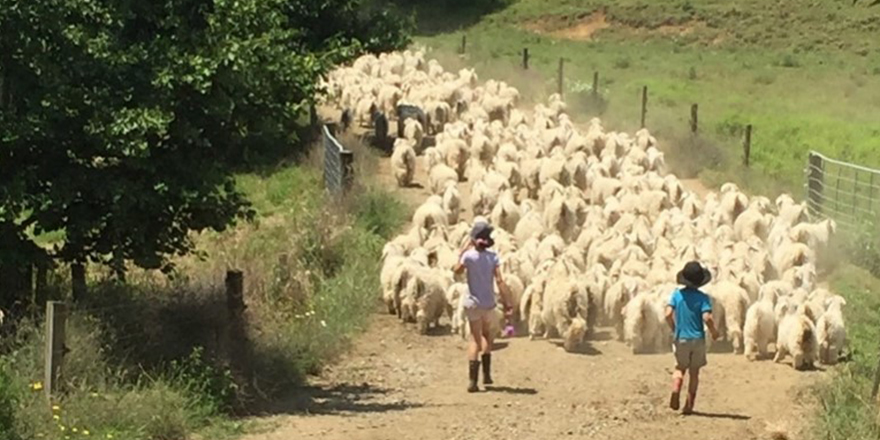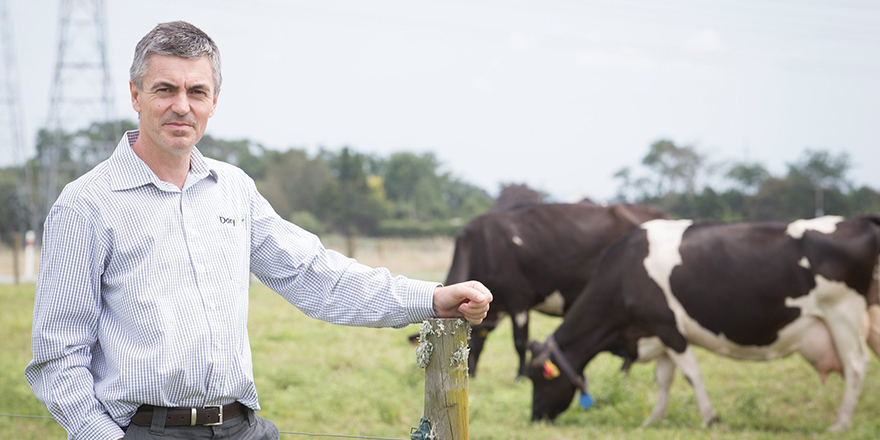
Executive Summary
An exploratory study was completed that builds on prior research, in particular work that was completed on distress and burnout among NZ dairy farmers (Botha and White, 2013). Also relevant to this project is a Kellogg project on financial literacy. (Wayne Berry, 2009). My motivation in this research work is for it to be a catalyst for change in the financial literacy, and mental health spaces.
The objectives of this report are:
- To explore the relationship between financial literacy and health and wellbeing for sharemilkers.
- To highlight to the dairy industry that the health and wellbeing of sharemilkers is still a big issue; and that steps need to be taken to improve support mechanisms for those farmers.
- That for contract milkers especially financial literacy is weak and education opportunities need to be improved to increase their financial management abilities.
- To make recommendations to the industry about improving and promoting courses relevant to sharemilkers that will improve their financial literacy.
There is general acceptance that within the dairy industry the level of financial literacy of dairy farmers is low. Emotional health and wellbeing has dropped to unacceptable levels where farmers are battling depression and contemplating suicide. The emotional health and wellbeing of farmers is critical to the individuals and families involved, and also has a big impact on local communities and the wider New Zealand economy.
After discussions with Mark Paine (ex DairyNZ/Currently a Consultant) it was decided to focus in this report on sharemilkers. We agreed they are the group who are the most vulnerable now. There are also farm owners, managers, immigrants and young people just starting out that face multiple challenges. Many of the findings and discussion in this report will be relevant to people right across the dairy industry.
The method of completing this work was a series of semi-structured interviews with both rural professionals and sharemilkers. Primarily the approach was qualitative. A key part of the process was for the participants to complete a self-assessment test for both financial literacy and health and wellbeing.
The key findings from the rural professionals interviewed were:
- That farm ownership as the end goal for sharemilkers has become even more challenging
- By improving your financial literacy there will be many positive impacts on the farm business
- That the health and wellbeing of sharemilkers has deteriorated over the last ten years due to a multitude of factors such as volatility of payout, relationship with farm owners, physical workload, staff issues, environmental compliance and public perception.
The key findings from the sharemilkers interviewed were:
- That the most important support networks are family and friends.
- That there was a strong correlation between high levels of financial literacy and positive health and wellbeing results.
- That it is often a combination of factors which cause health and wellbeing issues.
- That the relationship with farm owners is the leading issue in the study that causes health and wellbeing issues.
The key recommendations are:
- For a pan-industry meeting to occur to bring the right people and organisations together to discuss the issues in regards to health and wellbeing, and put our case to government for further funding.
- To increase the industry good levy so more funding is available for health and wellbeing.
- An upskilling of rural professionals with the Oldenberg Burnout Inventory test and health and wellbeing training.
- To instigate discussions with education providers to ensure there are courses available for contract milkers and managers to improve their financial literacy.
